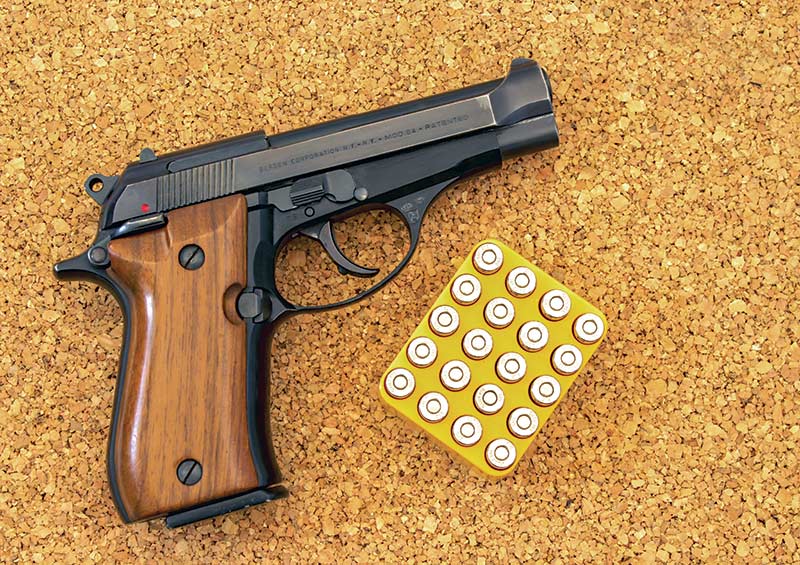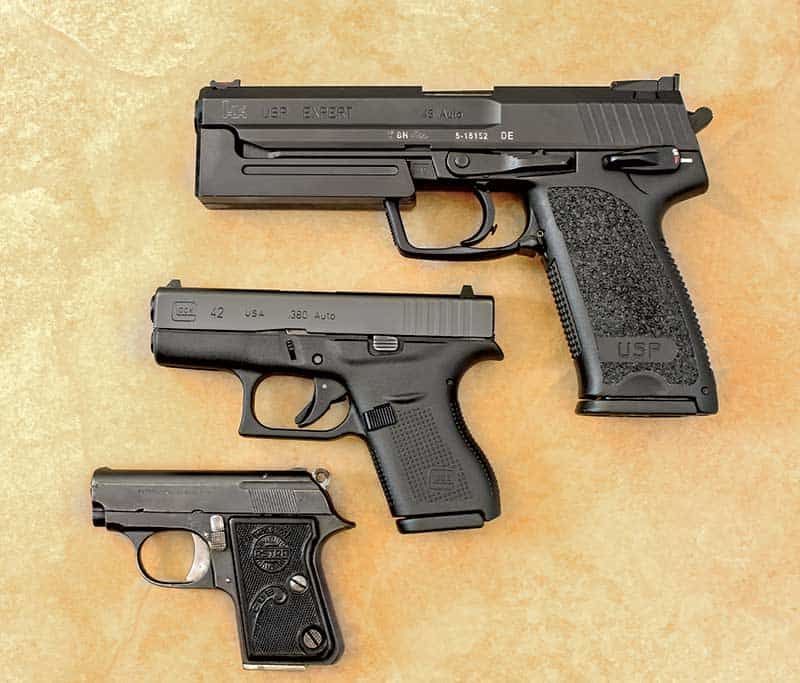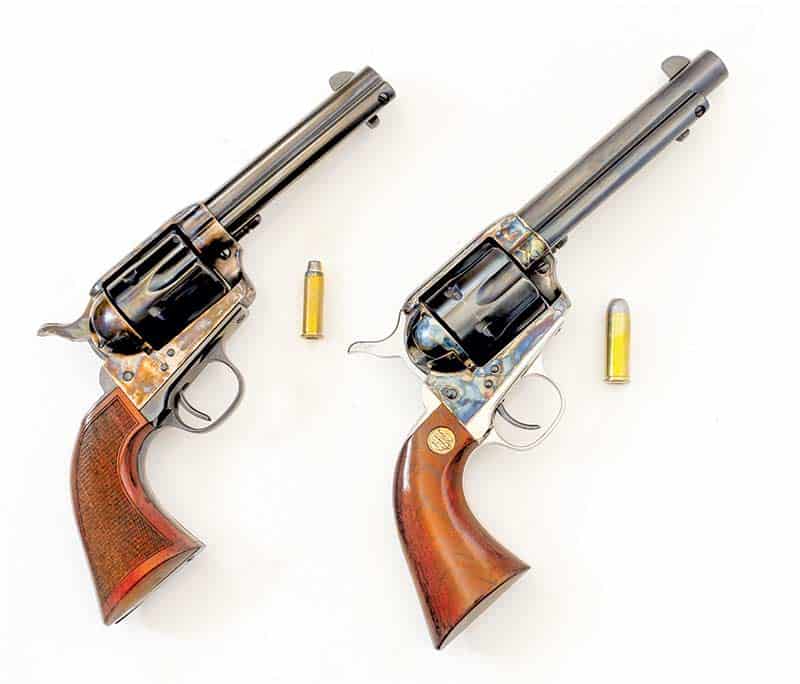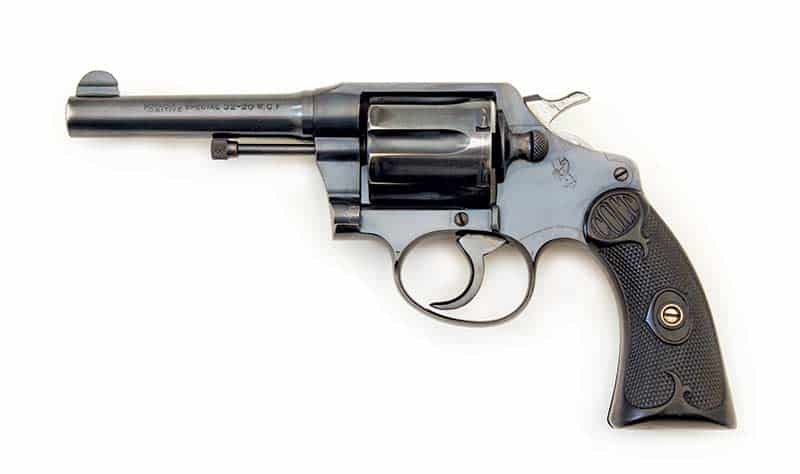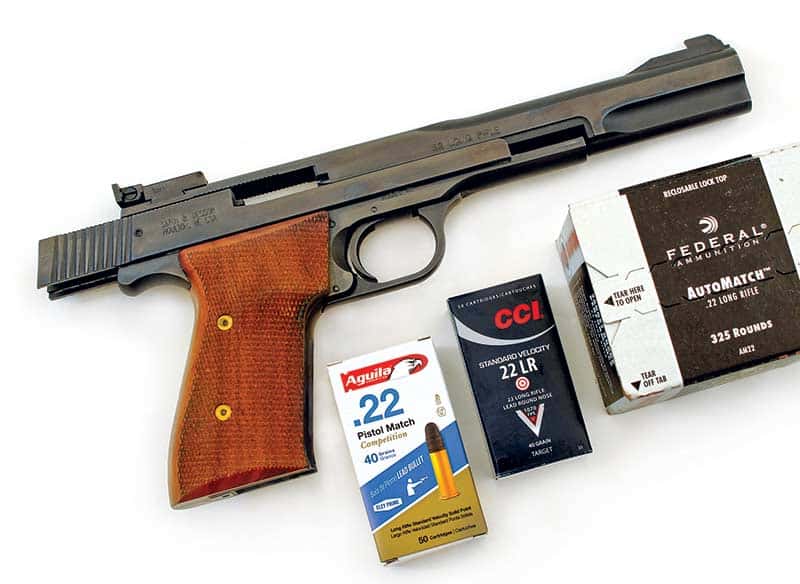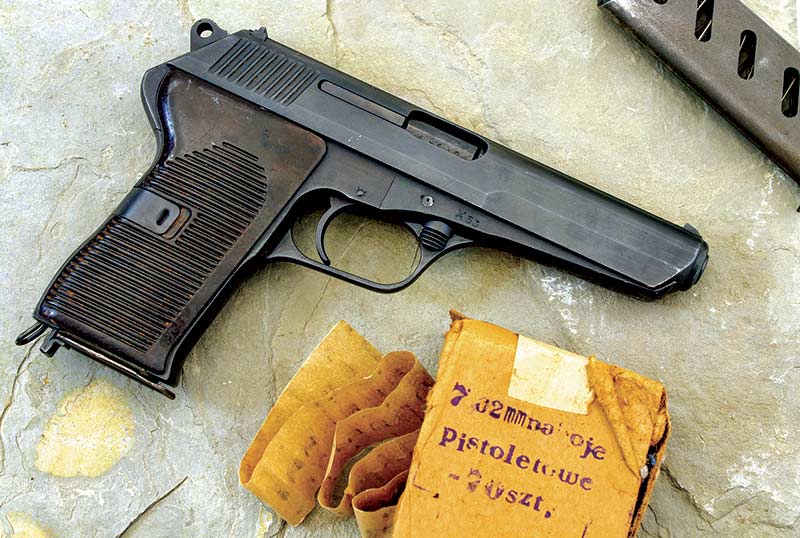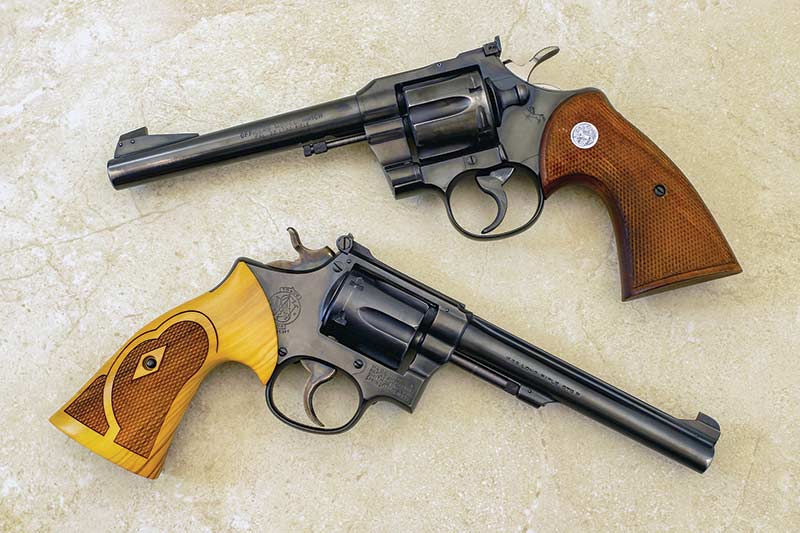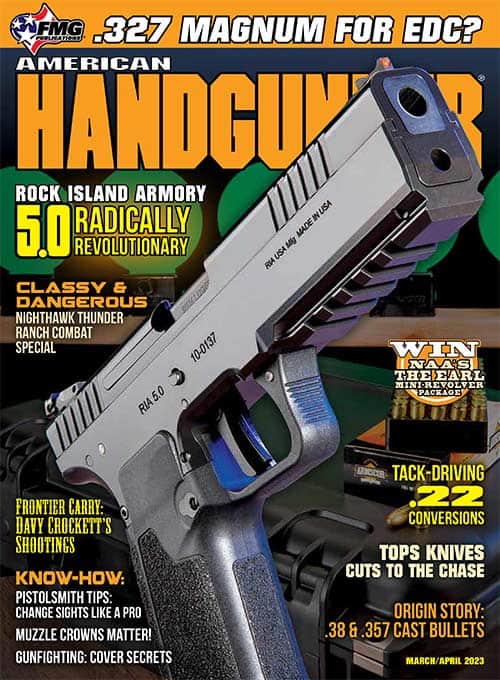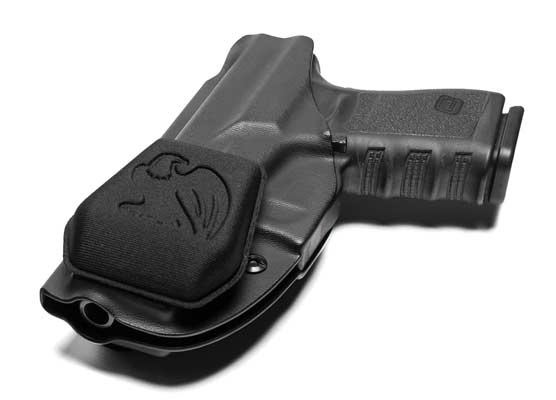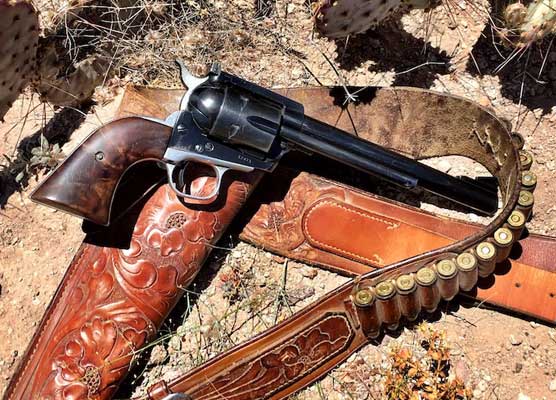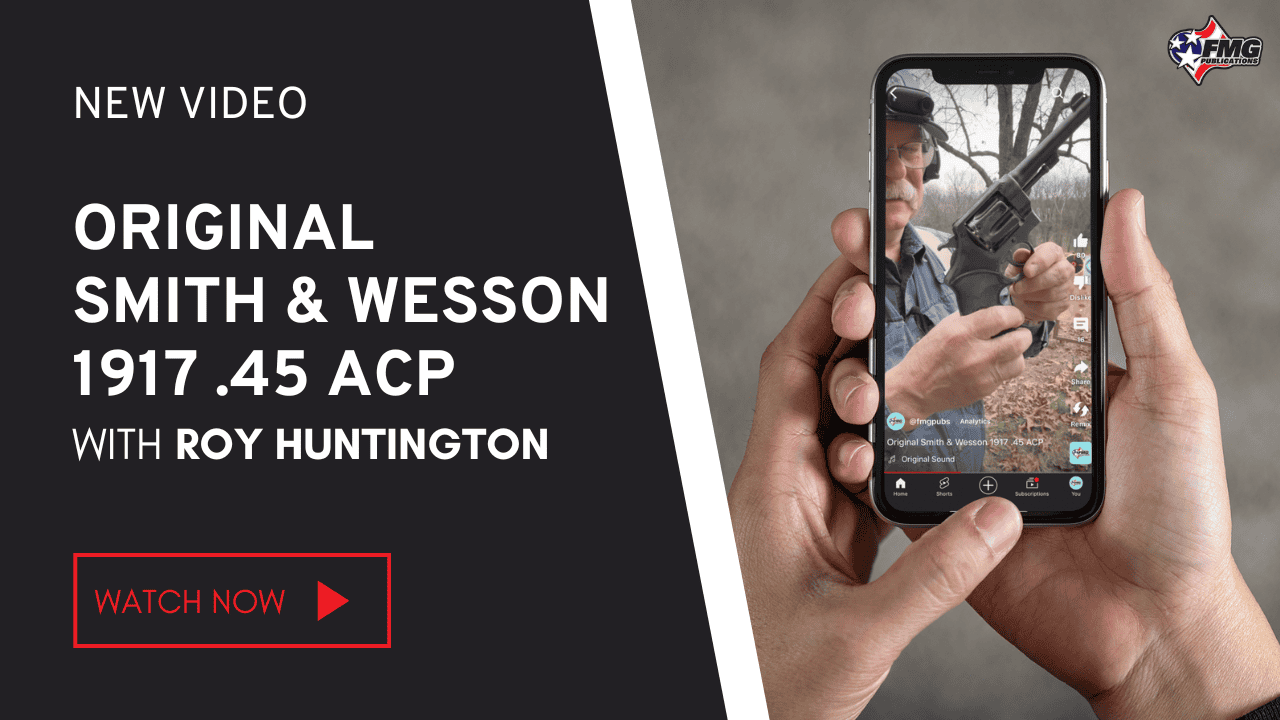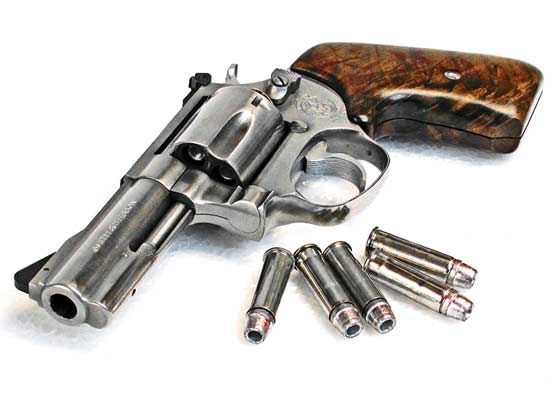Parting (with) Shots When It's Time to Say Goodbye
We all remember our first date, our first car, and our first job. Like many of life’s milestones, we also tend to attach a huge degree of sentimental importance to our first gun. I’m no different: I remember the first time I went shooting with my father, both of us new to a stainless Smith and Wesson N-Frame .357. Because of that day (and that gun), I became a true-blue fan of the shooting sports. But what was the second or third gun I bought for myself? My fifth? I couldn’t rightly tell you.
If you’re like me, you may have accumulated a decent enough collection of guns before you realize — aw, hell — you don’t love all of them equally. Not every ugly duckling in your collection will turn out to be a swan. If you’re on the fence about keeping or selling a gun or two, I’m hoping to give you a well-intentioned shove into “sell” territory. What follows are a few easy criteria I use to decide what gets eighty-sixed.
It Doesn’t Run
Nothing’s more frustrating than a gun that doesn’t work. I’ve owned a few revolvers that flat-out failed to revolve, but I’ve found the more common headache to be autoloaders that don’t live up to either the “auto” or “load” portion of the term.
Sometimes bad magazines are the culprit of these issues, but other times it’s some nastier gremlin located somewhere among the byzantine geometry of several interconnected parts. In severe cases, faulty linkages between the trigger, disconnector, and sear can turn any semi-auto into a single-shot-only proposition.
I’m not a gunsmith. I know some great ones, but if I don’t already love a gun, I’m hesitant to create a money pit where I didn’t have one before. I typically disclose my headaches to potential buyers and let someone else take the project on.
It Doesn’t Shoot
As Colonel Townsend Whelen once said, “Only accurate guns are interesting.” In some cases, inaccuracy is the fault of the user: I certainly have a hard time shooting incredibly tiny mouse guns with rudimentary, World War I-era sights to the bleeding edge of their mechanical precision. The same goes for massive handguns. Once I feel the shockwave of a fired .50 AE round in my teeth, the adrenaline dump that follows immediately after is going to make me jittery enough that I’ll flinch every round after the first to one degree or another.
I’ve also owned guns that inexplicably sucked when it came to accuracy. I sold one small revolver that shot 4″ groups at 7 yards — at about five inches low. After one particularly disappointing string, I marched out to the counter of my local range. I told the clerk, “I’m going to rent a J-Frame from you just to make sure I haven’t forgotten everything I know about shooting.” Six rounds later, I was staring at a tight, centered group.
Needless to say, that old wheelgun went on the chopping block without a moment’s regret.
Own Something Better
There’s a dark side to owning a Smith and Wesson Model 41: Many other .22s become a straight downgrade through no fault of their own. I won’t even mention the name of the last rimfire pistol I sold because it was a fine, accurate, and reliable gun that taught me the fundamentals of shooting. It’s a gun I unquestionably recommend to others! But I sold mine because it was like choosing to drive a Toyota Corolla with a Corvette parked in the same garage.
Granted, there’s something to be said about owning service-grade pistols in addition to high-end target guns — and switching back and forth across multiple platforms has unquestionably made me a better shot. For example, the double action trigger of my Beretta 92 has been a stern but fair teacher. However, I appreciate the balance, weight, and faultless reliability of that Beretta compared to other, costlier pistols in my stable. In these dimensions, it is second to none, and so it earns a permanent slot in the roster.
What I’m getting at is that if you have two extremely similar guns — one of which you shoot constantly and the other you don’t — sell the one that’s gathering dust.
It Hurts You
There’s a reason I never got into the military surplus craze like many of my friends did. I’m small-framed and bony in the upper body, and full-sized, 30 caliber-ish battle rifles beat the snot out of me. It’s hard for me not to mash the trigger when I know touching off a round will drive a metal buttplate right into the bones of my shoulder.
Handguns tend to be far more comfortable than rifles as a whole, but as the saying goes, some animals are more equal than others. Many blow back action .380s have an unwelcome tendency to batter the web of the hand. In other cases, aggressively checkered grips can dig at the meat of one’s palm, and the sharp edges of external controls can be very unpleasant when they twist under recoil. Big-handed folks who like a high grip must occasionally contend with external hammers gouging them or slides, creating a parallel set of cuts under recoil. Even great handguns like 1911s and Hi-Powers can be downright brutal to certain unlucky shooters!
In a worst-case scenario, these issues are going to be substantial enough that shooting the gun becomes a nasty experience. However, even if you’d describe yourself as having a high pain tolerance, I’d reason any degree of shooting discomfort will be distracting to the point where your accuracy will suffer. If it hurts, ditch the heater for a design that won’t fight you with every shot.
It Won’t Appreciate
Let’s talk about the idea of a “safe queen.” It’s one thing to invest in guns you know are highly desired by collectors and are certain to increase in value. If you have a Colt Boa or S&W Registered Magnum in its original box, continue to not shoot it. But if you’re hanging onto a plastic wondernine made by the millions hoping it’ll suddenly experience some Bitcoin-level spike, you may be sorely disappointed.
Similarly, not every gun is valuable just because it’s old or rare, and guns (as with any product) are only worth what someone else is willing to pay. Commanding “top dollar” requires a bizarre asymmetry: you need to find a buyer who falls in love with something you don’t really care about. You may not want to hear this, but sometimes it’s best to grimace and sell a gun for less than you think it’s worth. The “thousand-dollar gun” that never gets shot may be better utilized as $650 towards what may be a constant range companion.
Where Do I Sell My Gun?
This topic can make for a full article, but without going too deep into the weeds right now, I can say this: Check your state laws first. I would Google “How to sell a gun in (your state)” to establish a starting point. For example, whether your state is okay with cash-and-carry transactions or whether FFLs must process the sale. Details matter when it comes to staying legal.
While sites like Gunbroker and Armslist are wonderful online marketplaces (think eBay for guns!), they can be intimidating for a first-timer. In such cases, I’d recommend you contact a few local gun shops and ask if they sell on consignment. In such cases, the shop will help you determine what the market in your area typically pays for the gun you want to sell, and then the shop takes somewhere on the order of 10% to 20% of the purchase price. To me, this is an excellent compromise between convenience and maximizing your return.
Again, not all guns will endear themselves to you. The good news is that it’s easier to sell a gun than you think and even easier to find a good use for the cash generated from selling your misfit toys. Life’s too short for you to be shooting anything that doesn’t put a smile on your face!

